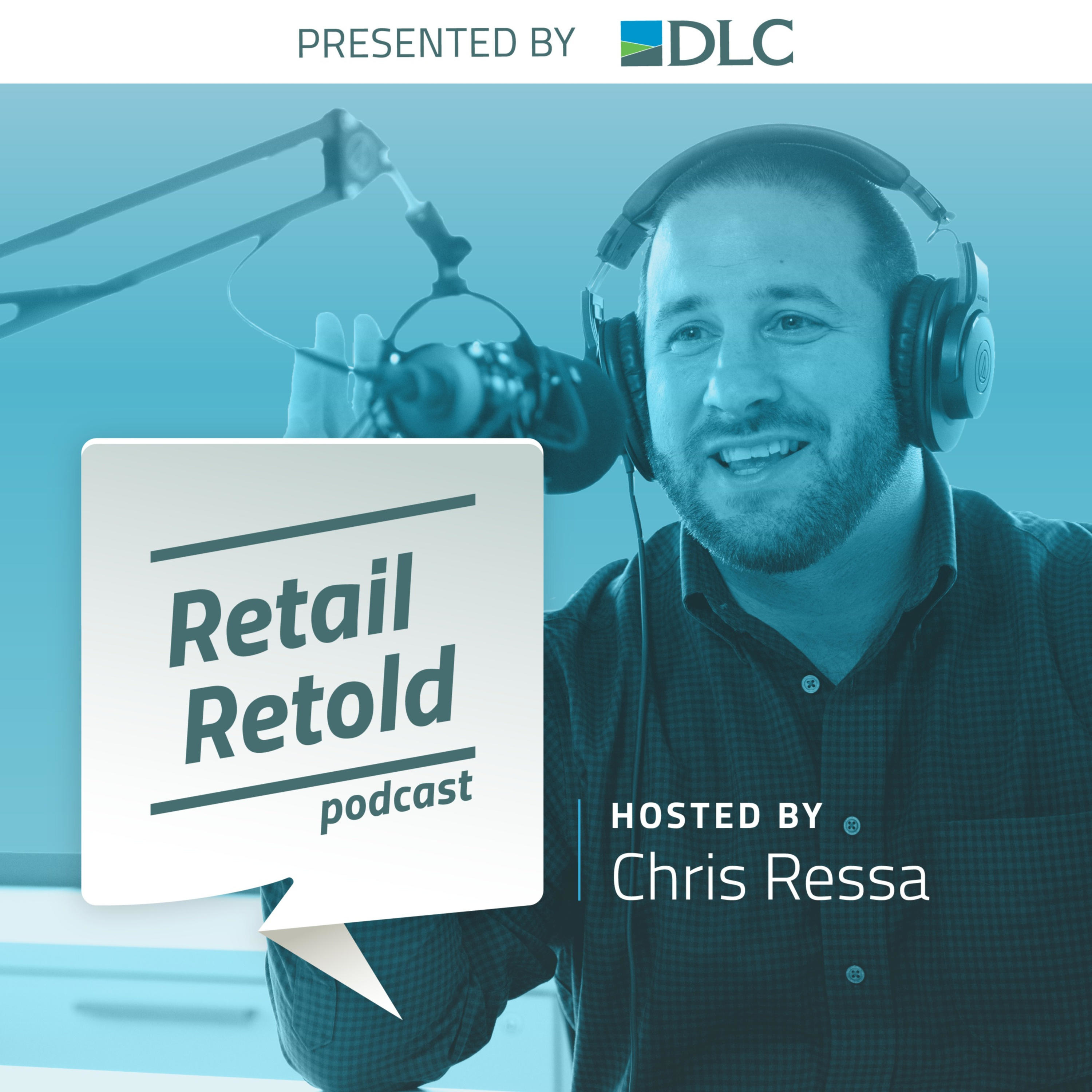
Retail Relates
Welcome to Retail Relates — where commerce gets personal.
Each episode brings you inside the world of global commerce — across retail, consumer services, hospitality, and brand marketing — through powerful human stories and the ever-evolving forces shaping what we buy, why we buy, and how we connect.
From entrepreneurs and icons to industry veterans and rising changemakers, we spotlight those redefining how people lead, create, and connect in a fast-moving world.
Hosted by our roundtable of industry experts, we offer a 360° view of the marketplace through honest conversations, lived experience, and practical insights that resonate.
Let’s get started — this is where the story of modern commerce comes to life.
Retail Relates
Transforming Global Retail through Innovative Intelligence: A Conversation with Deborah Weinswig
Discover how a childhood surrounded by intellectual conversations and the influence of a trailblazing mother in finance shaped the charismatic Deborah Weinswig, founder and CEO of Coresight Research. Her aspirations, from being a doctor to discovering accounting and then eventually analytics, coupled with a love for technology, paint a vivid picture of unexpected career pivots. Deborah's story unfolds with personal anecdotes about how playing the violin sharpened her listening skills, critical in her roles as an analyst and strategist, and how the wisdom imparted by her mother guided her through professional challenges.
Mentorship plays a starring role in overcoming obstacles and seizing opportunities. Through personal stories and experiences, we explore how guidance from mentors can illuminate paths previously unseen. From competitive tax and audit programs to navigating overwhelming work commitments, listening and seeking advice from mentors has been a constant and invaluable resource. Deborah shares her gratitude for the support received as she ventured into an adjunct role, underscoring the ongoing significance of mentorship in cultivating professional growth and resilience.
Coresight Research is at the forefront of retail transformation, utilizing technology and AI to redefine the industry. This episode highlights how the company assists C-suite executives with strategic insights and innovative solutions, supported by a global team spanning nine countries. Debra and I delve into the challenges and opportunities in retail, from legacy systems to the transformative potential of predictive AI. We also reflect on the tensions between short-term pressures and long-term strategies, inspired by leaders like Mike Ullman, whose patience and people-first approach leaves a lasting legacy in the dynamic world of retail.
Biography:
Deborah Weinswig, CEO and Founder of Coresight Research Inc., leads the Coresight Research team to provide actionable insights and solutions for retailers and brands that accelerate innovation and growth in the fast-changing retail and technology landscape.
Previously, Deborah served as Managing Director of Fung Global Retail and Technology (FGRT), the think tank of Fung Group. Previously, she was Managing Director and Head of the Global Staples & Consumer Discretionary team at Citi Research.
Deborah has been a trusted thought leader at the crossroads of technology, finance, and retail for nearly two decades. As a leading analyst and strategist, Deborah has deep expertise in AI, Metaverse, China, live streaming, retail media, supply chain, commercial real estate, and data monetization. In 2023, Deborah conceptualized and launched the first AI Council for the retail industry.
Deborah is a best-selling author and a board member of several prominent retail and technology companies and several charitable organizations. A member of the prestigious LinkedIn Top Voices program, Deborah is recognized as one of the top retail influencers in the world and has received multiple awards and honors for her industry leadership and impact.
Deborah has been invited to share her insights and Coresight Research data at over 200 events across the world including the Consumer Electronics Show, ShopTalk, World Retail Congress, NRF, ICSC, Money 20/20, Retail Innovation Conference & Expo, Future Stores Summit, NACDS, Total Retail Tech, Groceryshop, Women in Retail, NACS and more.

Gautham Vadakkepatt
Co-host
Guy Courtin
Co-hostJaime Lynn Curley
Co-hostJudy Sejiny
Co-host
Paula Gean
Co-host
Rich Honiball
Co-hostPodcasts we love
Check out these other fine podcasts recommended by us, not an algorithm.
RETHINK RETAIL
RETHINK Retail
The Retail Razor Show
Ricardo Belmar | Top Retail Expert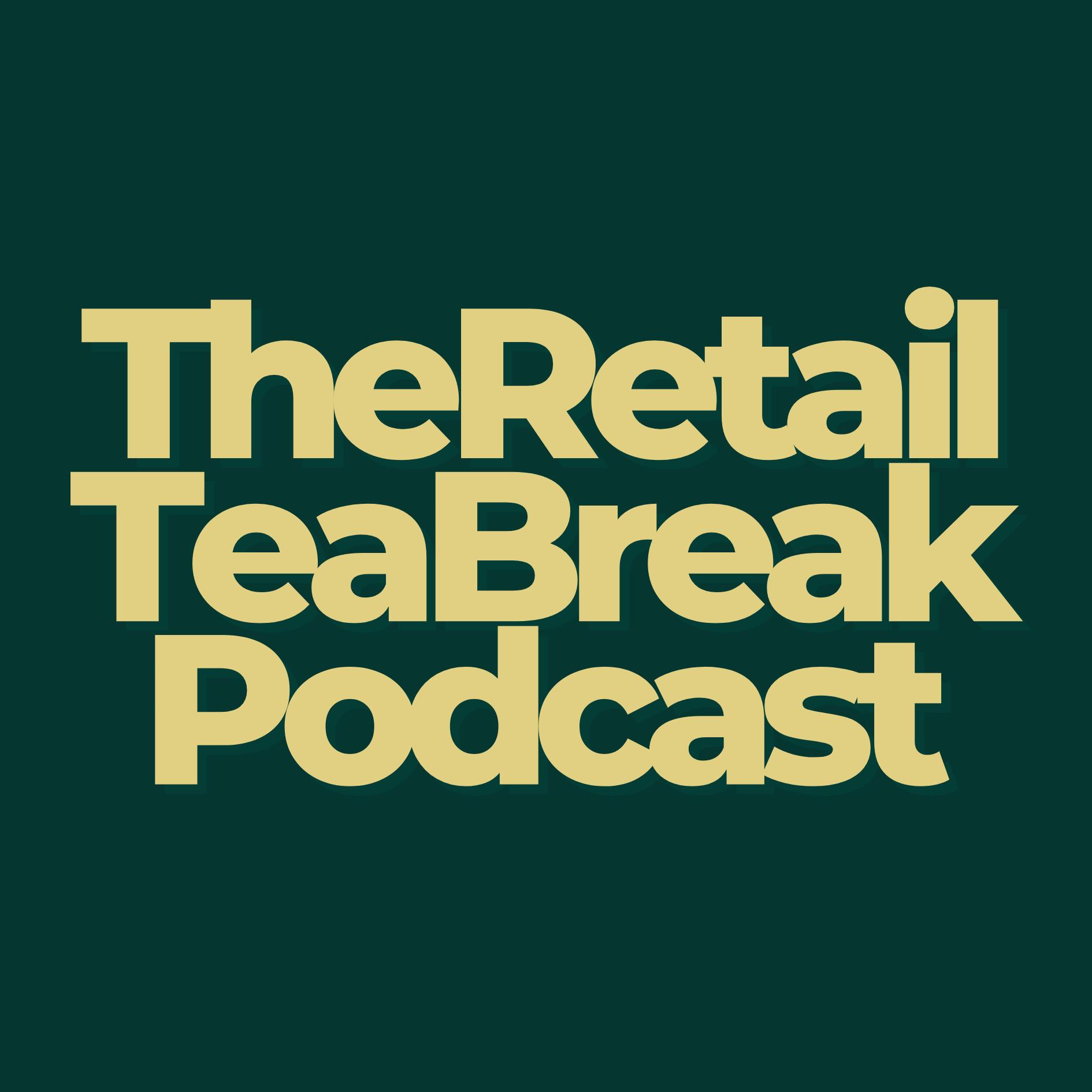
The Retail Tea Break
The Retail Advisor
Retailistic
Deborah Weinswig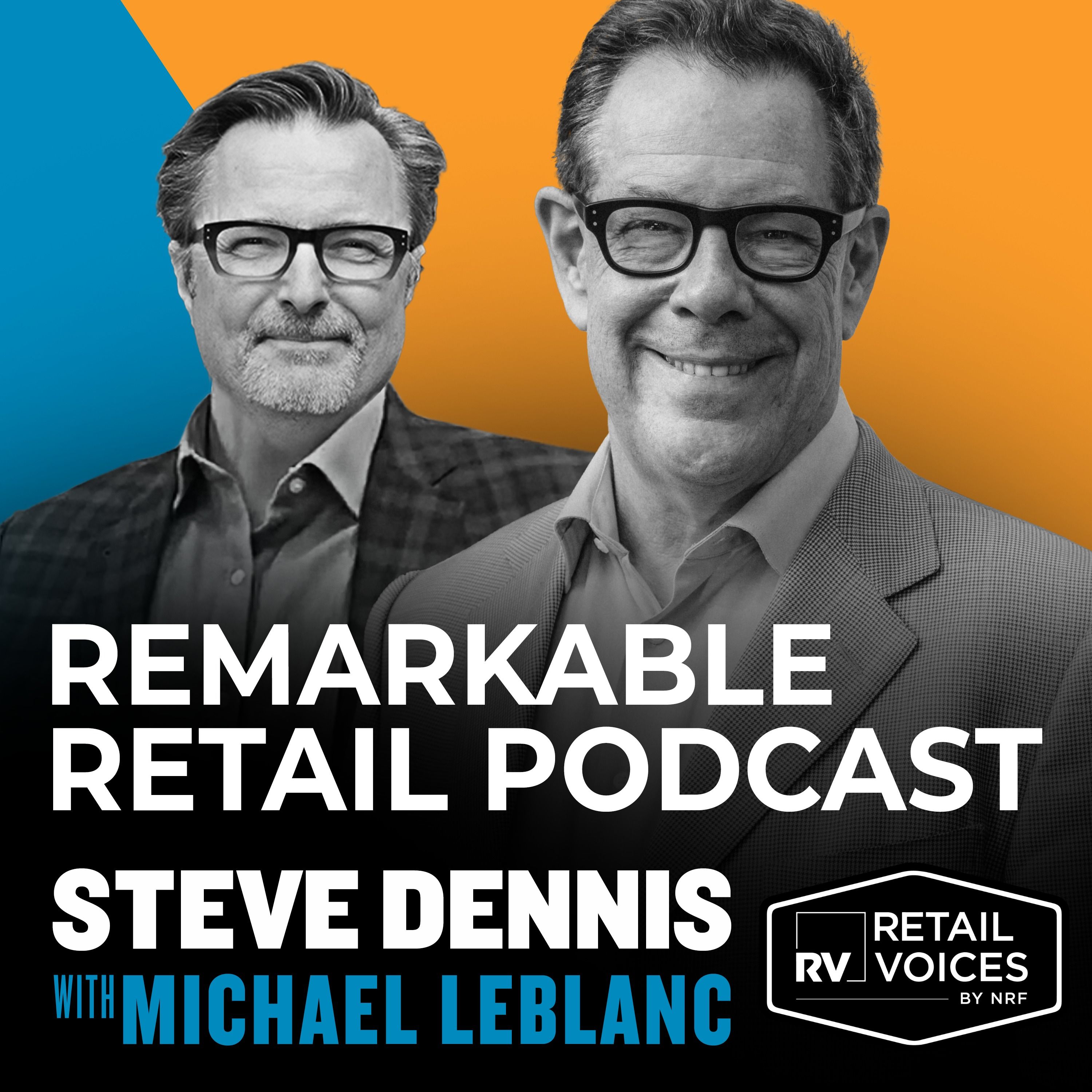
Remarkable Retail Podcast
Michael LeBlanc, Steve Dennis
Retail Unwrapped - from The Robin Report
Shelley E. Kohan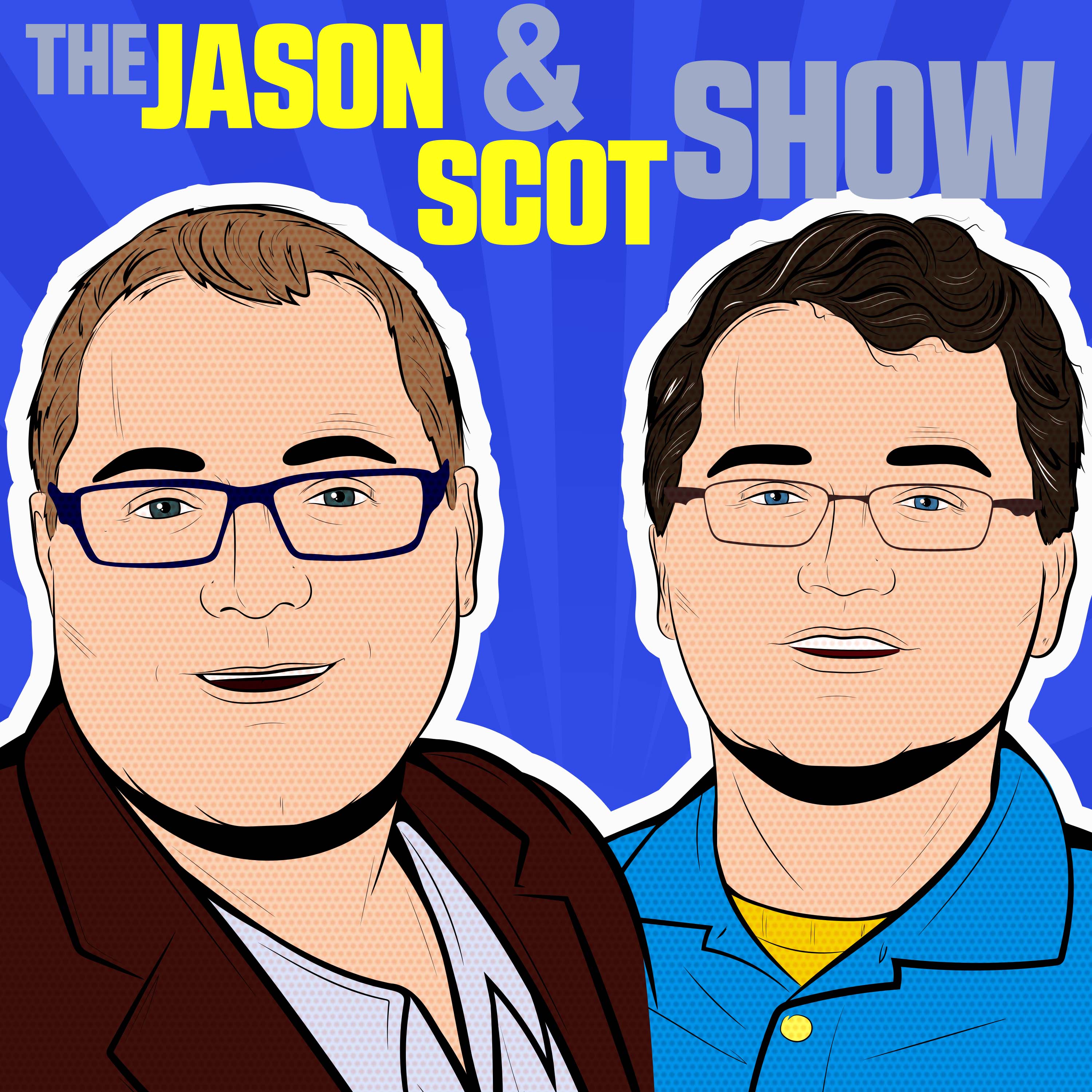
The Jason & Scot Show - E-Commerce And Retail News
Jason "Retailgeek" Goldberg, Publicis & Scot Wingo, Channel Advisor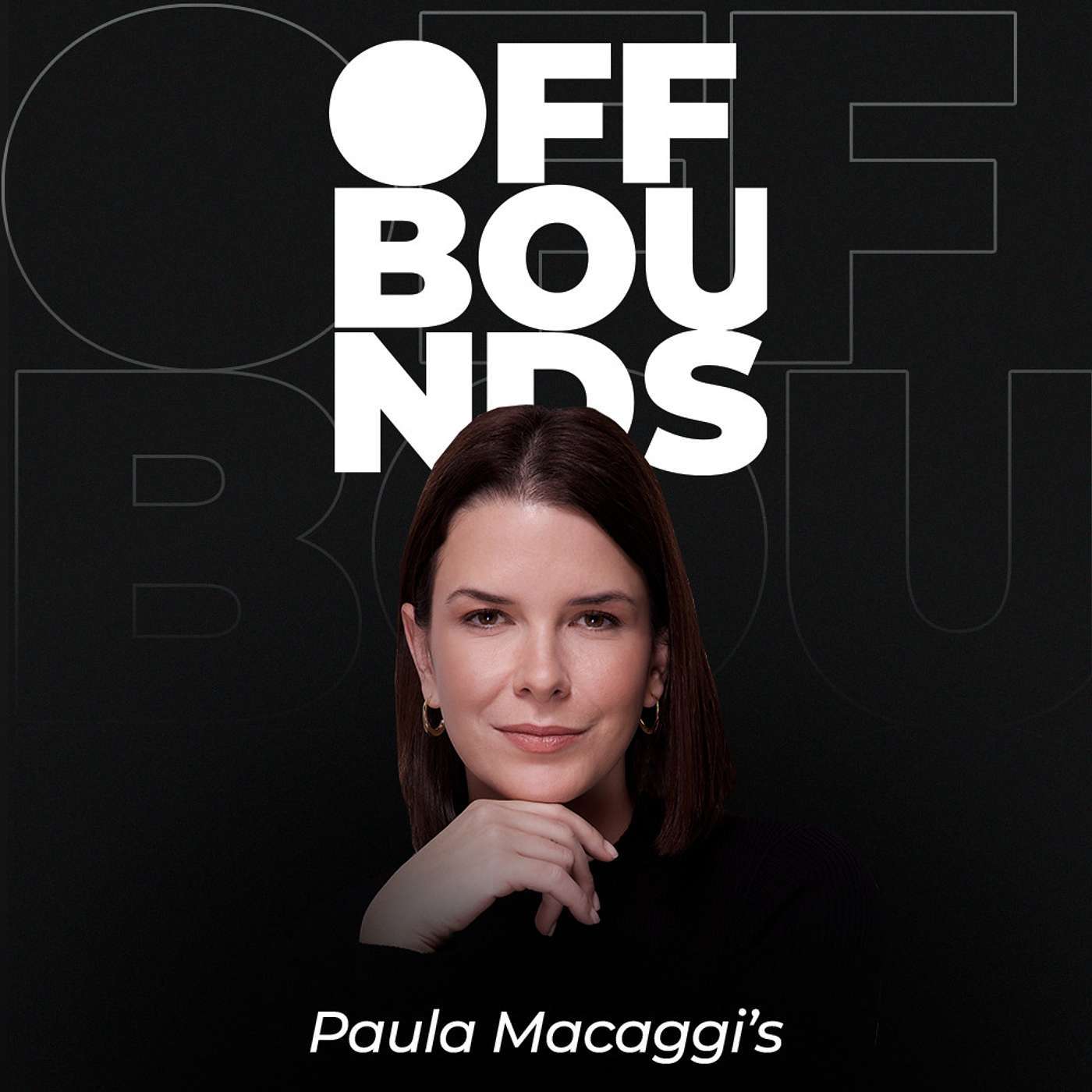
OFFBounds Retail
Paula Macaggi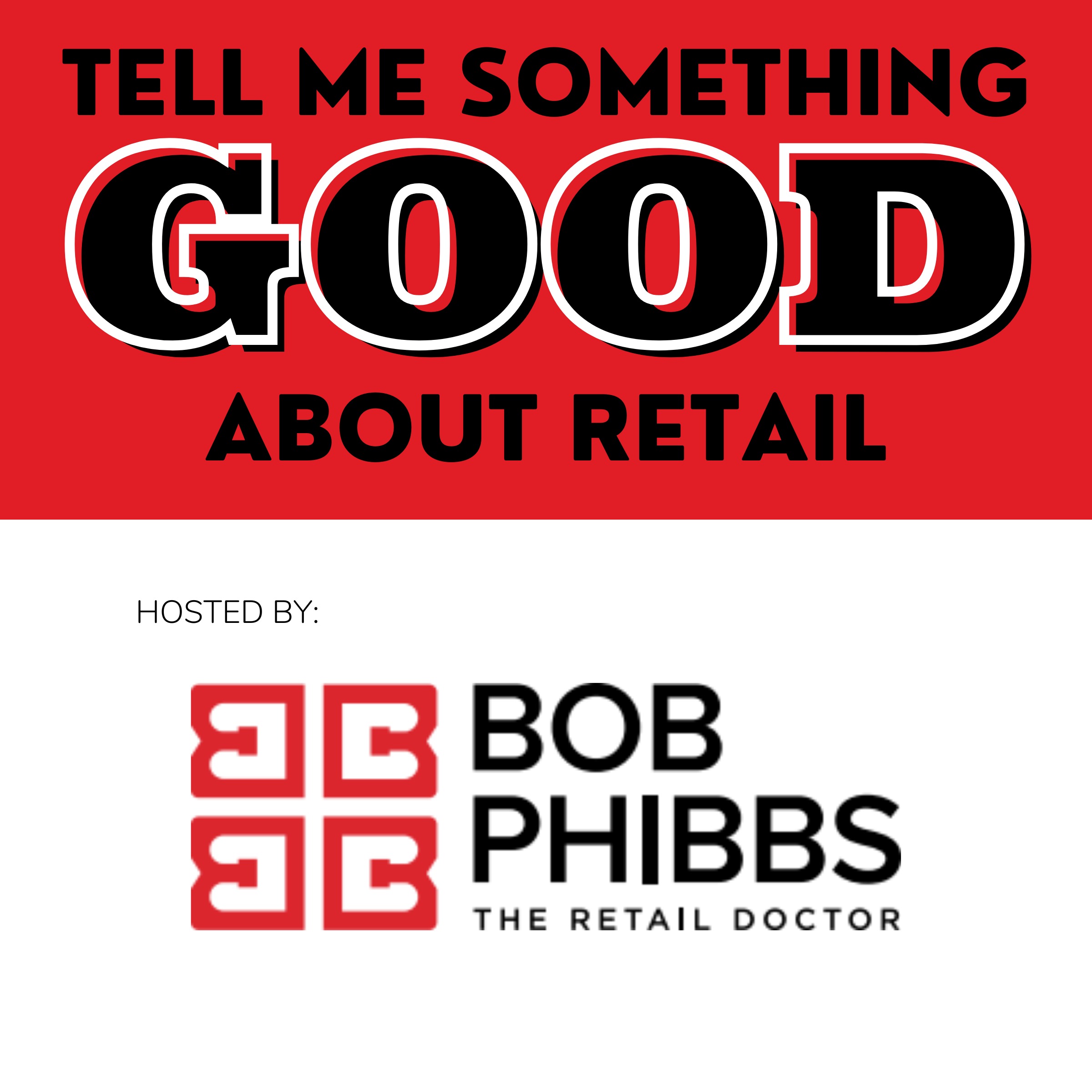
Tell Me Something Good About Retail
Bob Phibbs, The Retail Doc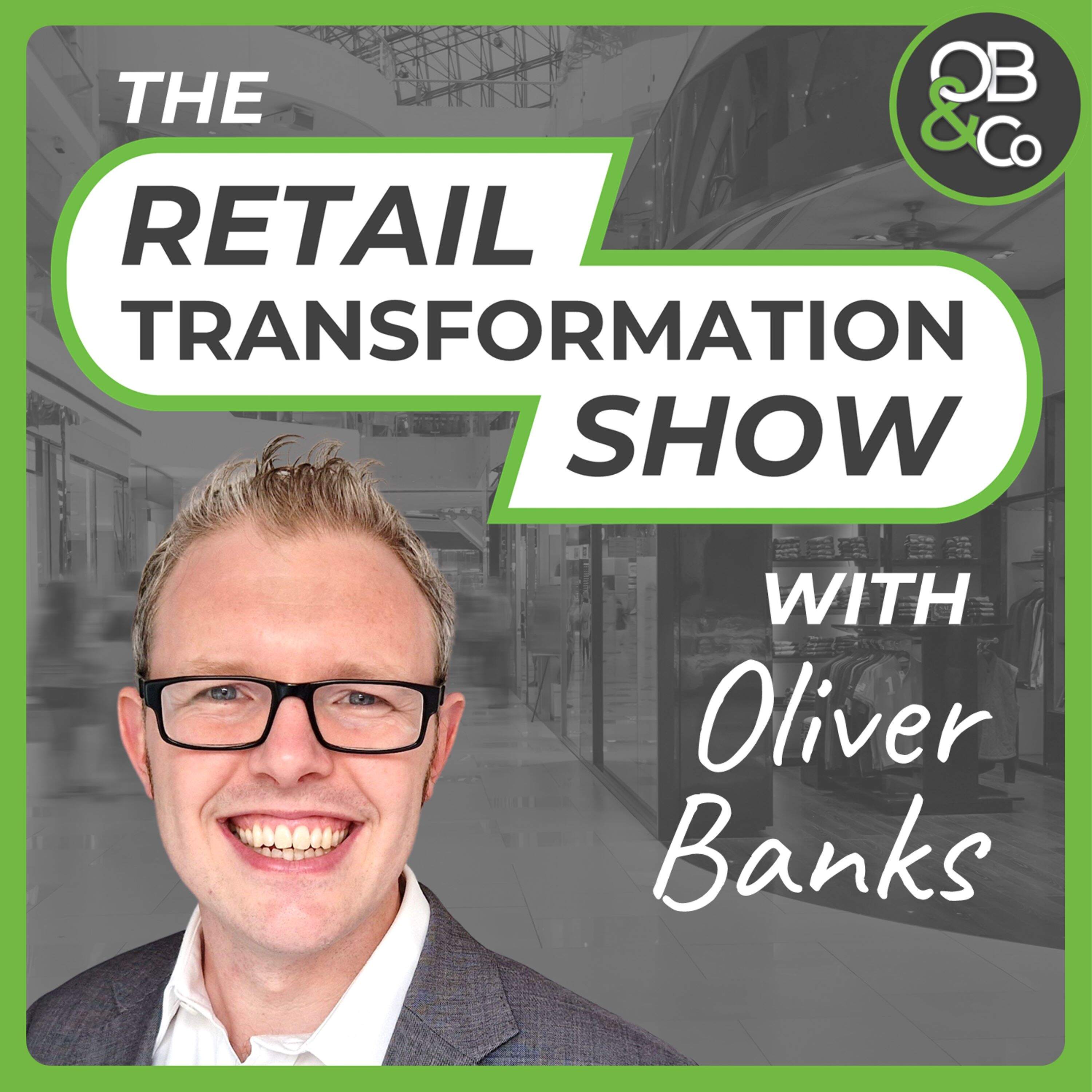
Retail Transformation Show with Oliver Banks
Oliver Banks
The CPG Guys
Peter V.S. Bond & Sri Rajagopalan